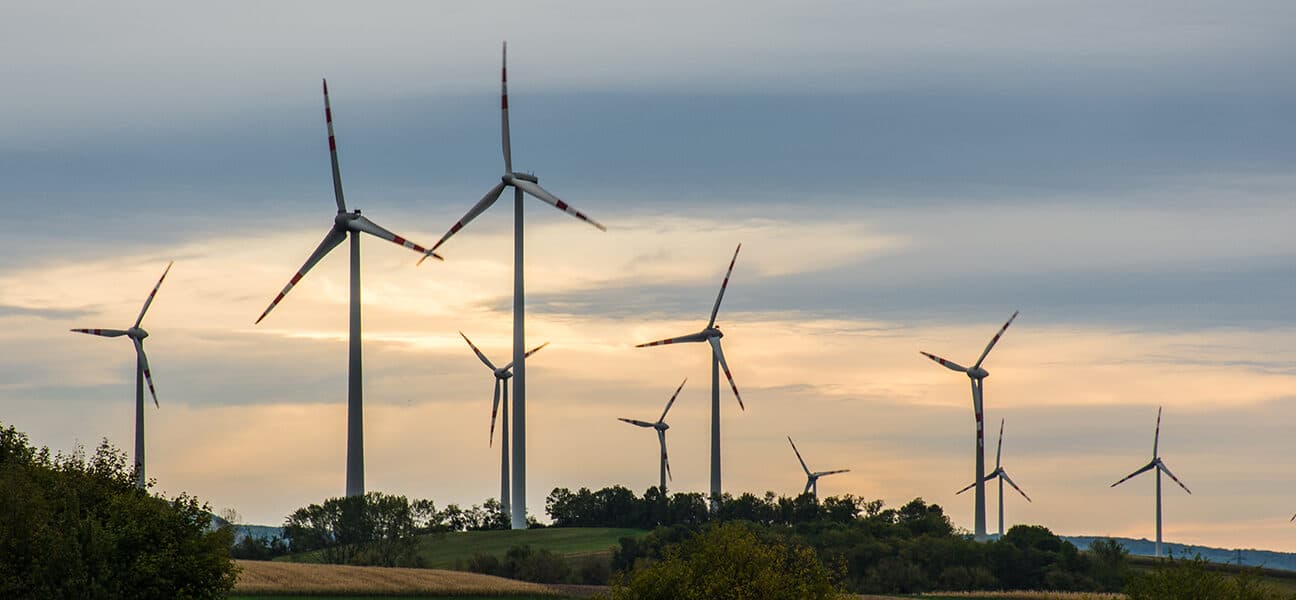Progressing national SDGs implementation: Fourth edition
An independent assessment of the Voluntary National Review reports submitted to the High-level Political Forum in 2019
With widespread acknowledgement the world is off track to achieving the Sustainable Development Goals by 2030, there’s hope governments will step up their actions to meet their development commitments in the next decade and ensure no one is left behind.
For the past four years, a coalition of civil society organisations – including Bond – have reviewed national governments’ reports to the United Nations on their SDG progress. These Voluntary National Reviews (VNRs) are meant to serve as transparent, thorough analyses of where each country is on their SDG journey.
Delivered annually at the High-level Political Forum in New York, VNRs are:
- meant to be prepared through inclusive and participatory processes
- invaluable sources on good practices, lessons learned and challenges in implementation
- a basis for peer learning and accountability at the global level
The latest review of the 47 VNR reports submitted to the HLPF in 2019 reveals a range of good practices and trends in implementation and reporting – many are positive, some are causes for concern:
- Countries are more consistently following guidelines for VNR reports.
- The most significant increase in reporting was in inclusion of a dedicated chapter or robust information on leaving no one behind – 81% in 2019 versus 61% in 2018.
- However, only 36% of countries highlighted embedding leaving no one behind or efforts to address inequality and social exclusion as part of overarching development plans.
- Reports continue to be largely silent on closing civic space globally and ongoing attacks on human rights defenders and environmentalists.
- 76% countries provided information on data availability – a significant increase.
- 75% of countries reporting had not costed implementation of the 2030 Agenda.
You can read the full review for 2019 now.

